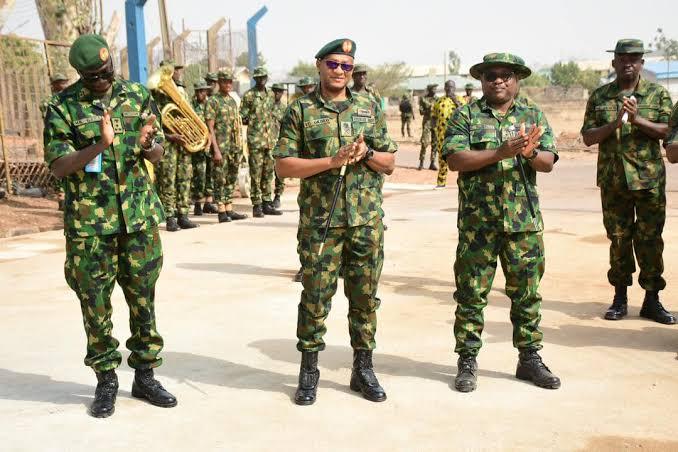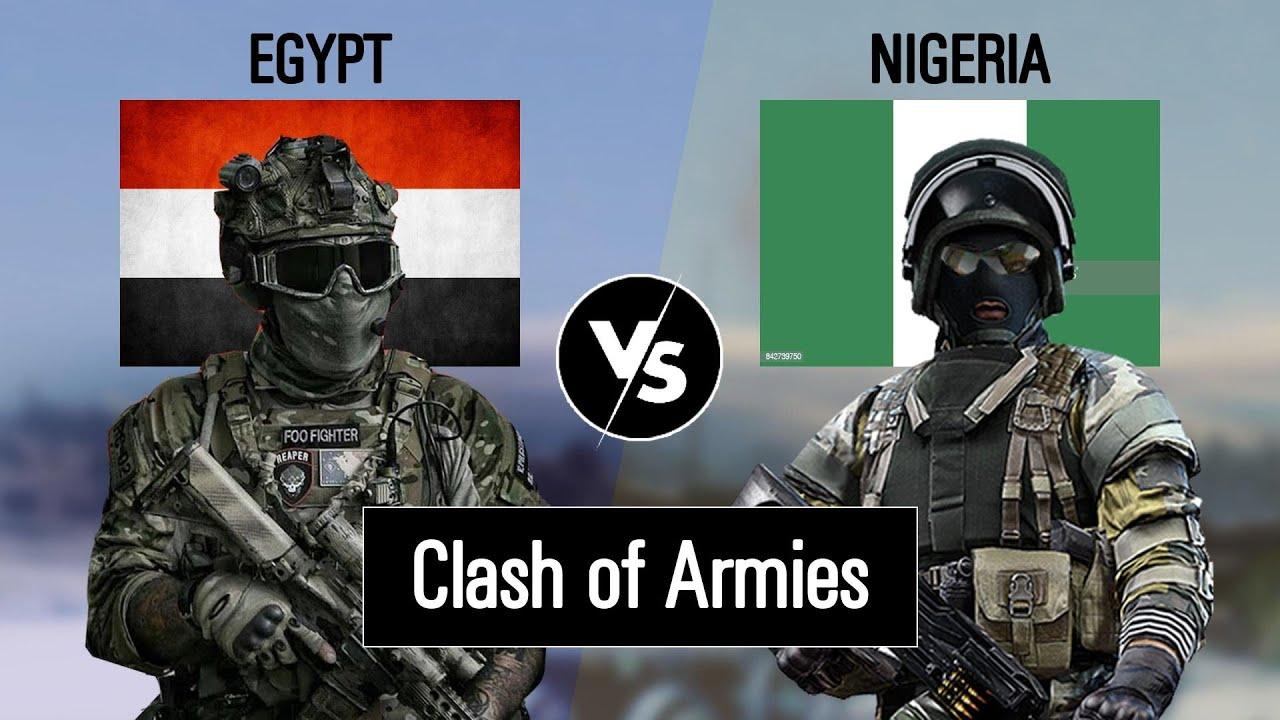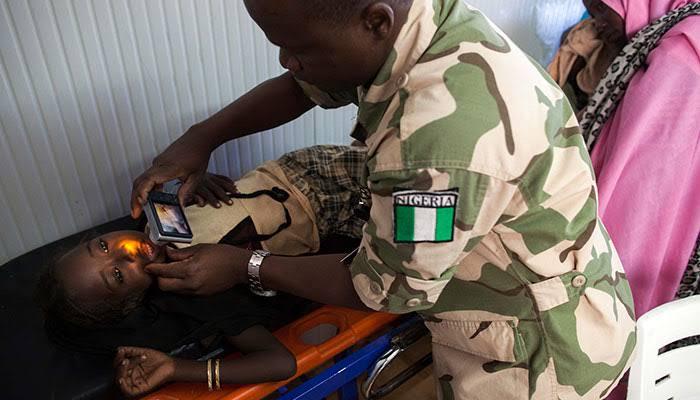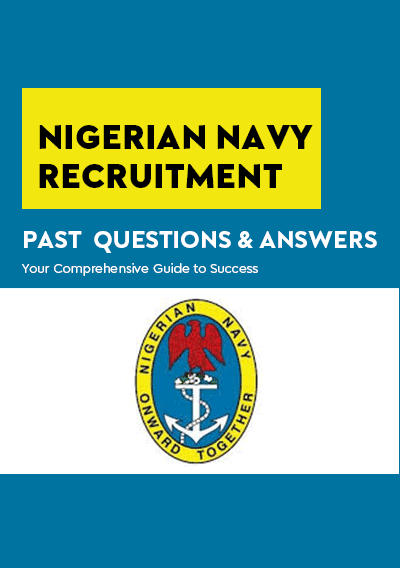Explore Our Bill Payment Services:

- Military And Defence
- Armed Forces Guide
- Nigeria
Functions Of The Nigerian Army: Their Official Roles & Responsibilities
The Nigerian Army (NA) is the land-based component of the Nigerian Armed Forces and is the largest military branch in the country. Founded in 1863, it has grown into a modern force that plays crucial roles in both national and international security.
This guide outlines the constitutional functions, official duties, and operational responsibilities of the Nigerian Army.
What Is the Nigerian Army?
The Nigerian Army is tasked with defending Nigeria’s territorial integrity, supporting civil authority during emergencies, and participating in peacekeeping missions.
It operates under the authority of:
-
The President (Commander-in-Chief)
-
The Ministry of Defence
-
The Chief of Army Staff (COAS)
Official Functions of the Nigerian Army
According to the Nigerian Constitution and the Armed Forces Act, the Nigerian Army has the following core functions:
1. Defending Nigeria's Sovereignty and Territorial Integrity
The Nigerian Army protects the country from external aggression and border threats by land. It secures national borders against:
-
Invasion
-
Terrorist incursions
-
Armed insurgencies
2. Support to Civil Authorities During National Emergencies
When called upon by the President or National Assembly, the Army provides aid to civil powers during:
-
Riots
-
Natural disasters
-
Epidemics (e.g., COVID-19 support)
-
National crises like oil pipeline vandalism or electoral violence
3. Maintaining Internal Security
Due to rising security challenges in Nigeria, the Army is heavily involved in:
-
Combating Boko Haram and ISWAP in the North-East
-
Dealing with banditry in the North-West
-
Handling militant activities in the Niger Delta
-
Quelling separatist agitations and communal clashes
These internal operations often fall under "Operation Safe Haven," "Operation Hadin Kai," and others.
4. Peacekeeping and International Operations
The Nigerian Army has earned global respect for participating in United Nations (UN) and African Union (AU)peacekeeping missions in countries like:
-
Liberia
-
Sierra Leone
-
Mali
-
Sudan
-
Congo
This promotes Nigeria’s image as a regional peace leader.
5. Training and Development of Personnel
The Army trains its officers and soldiers in:
-
Military tactics
-
Intelligence gathering
-
Combat engineering
-
Counter-terrorism and cyber warfare
Key training institutions include:
-
Nigerian Defence Academy (NDA)
-
Nigerian Army School of Infantry (NASI)
-
Nigerian Army College of Logistics
6. Protection of Critical National Assets and Infrastructure
The Army helps protect:
-
Oil pipelines and refineries
-
National grid installations
-
Airports and seaports
-
Government buildings
-
Telecommunication infrastructure
7. Rescue and Humanitarian Operations
In emergencies like:
-
Floods
-
Collapsed buildings
-
Communal conflicts
-
Natural disasters
The Army steps in to evacuate civilians, provide first aid, and transport relief materials.
8. Intelligence and Surveillance Operations
Through the Nigerian Army Intelligence Corps, the Army:
-
Gathers tactical intelligence
-
Tracks criminal groups
-
Analyzes threats to national security
They also work closely with the DSS, NIA, and Police Intelligence Unit.
9. Border Control and Anti-Smuggling Operations
In collaboration with the Nigerian Customs and Immigration Service, the Army:
-
Helps patrol porous land borders
-
Intercepts arms trafficking
-
Supports anti-smuggling crackdowns
10. National Unity and Integration
The Army plays a major role in promoting unity through:
-
Deployments across ethnic zones
-
Joint training for all regions
-
Fair recruitment from all states
It’s one of the few institutions where religion, tribe, or ethnicity is not a barrier.
Quick Summary Table: Nigerian Army Functions
| Function | Details |
|---|---|
| Territorial Defense | Protection from foreign land-based threats |
| Internal Security | Handling terrorism, banditry, riots, and communal clashes |
| Civil Support | Assisting during disasters and national emergencies |
| Peacekeeping | Global missions in Africa and beyond |
| Training & Military Education | Army schools, leadership academies, and professional development |
| National Asset Protection | Guarding oil installations, grid stations, telecoms |
| Humanitarian Assistance | Rescue missions and relief delivery |
| Intelligence Gathering | Surveillance, threat analysis, tactical operations |
| Border Operations | Joint patrols and smuggling prevention |
| Unity Promotion | Nationwide service and equal opportunity |
FAQs – Functions of the Nigerian Army
1. Is the Nigerian Army only for war?
No. While war defense is a core role, the Army also supports civil authorities, peacekeeping, and humanitarian efforts.
2. Does the Army assist in elections?
Yes, when ordered by the President or INEC, the Army helps maintain peace and prevent electoral violence.
3. What’s the Army’s role in national emergencies?
They provide rescue teams, transport logistics, and security in disaster zones.
4. How does the Army support international missions?
Through UN and AU deployments, Nigerian soldiers serve in global peacekeeping forces.
5. Who controls the Nigerian Army?
The President of Nigeria is the Commander-in-Chief, supported by the Chief of Army Staff (COAS) and the Ministry of Defence.
Conclusion
The Nigerian Army is more than just a military force—it’s a national institution committed to defense, unity, development, and peace.
Its roles go far beyond battlefield combat, covering everything from internal security to humanitarian rescue and international diplomacy.
Whether you're preparing for a defense exam, seeking a military career, or simply curious, understanding the functions of the Nigerian Army is key to appreciating its role in building a safer and stronger Nigeria.









